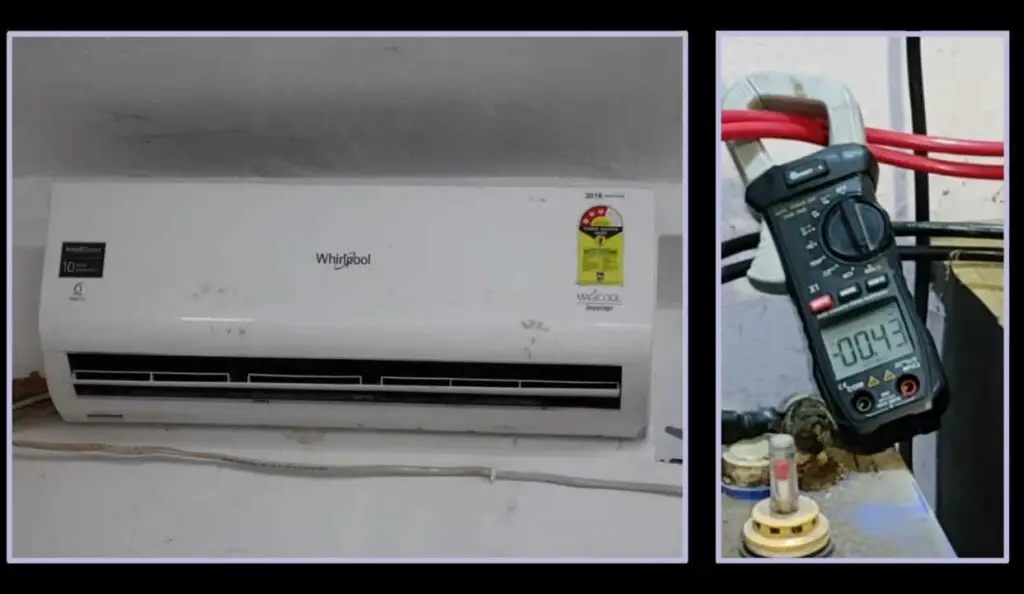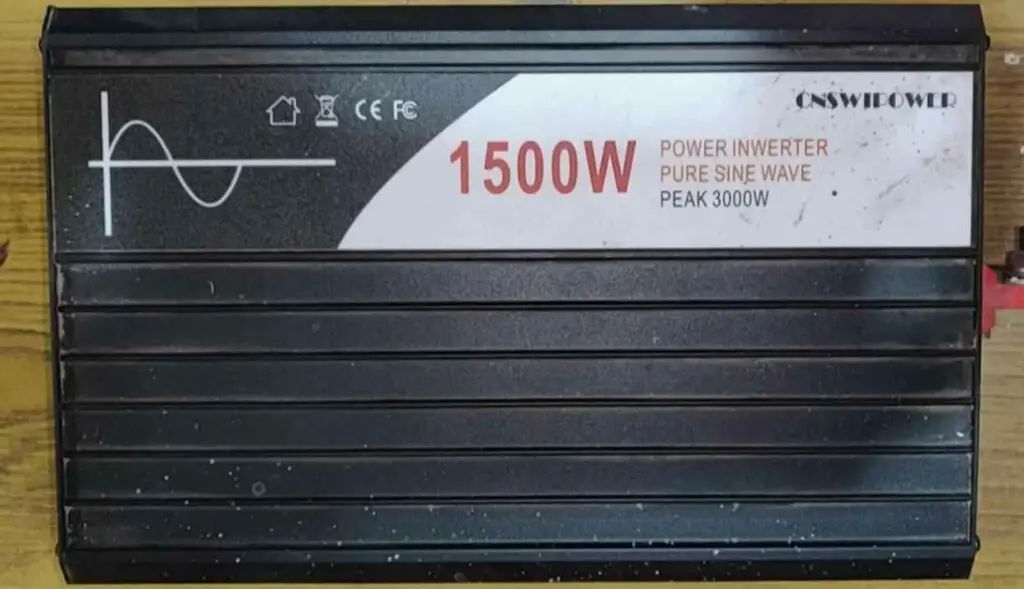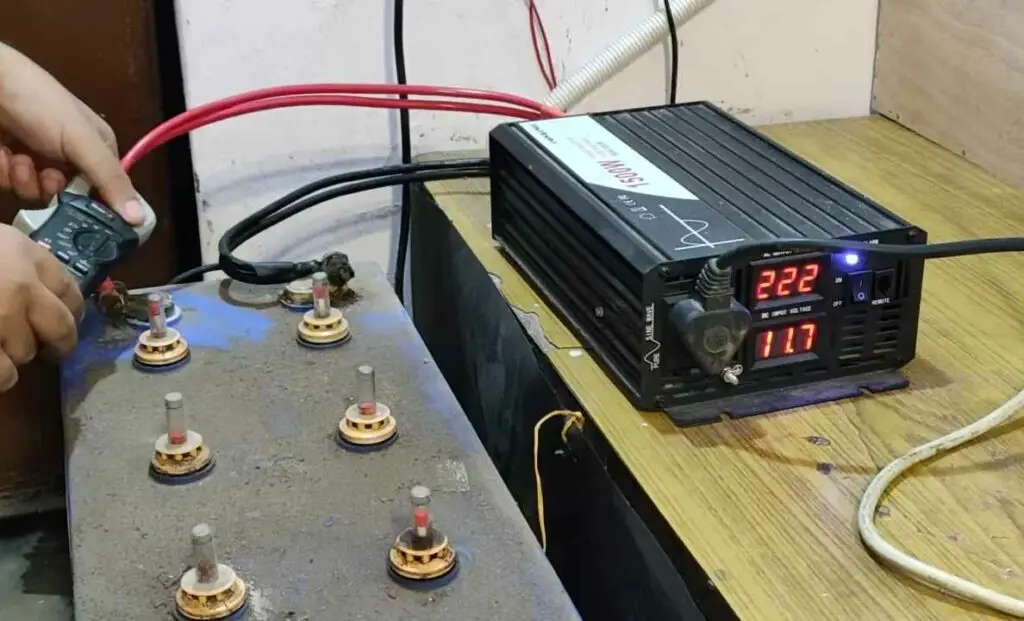The answer is yes, an air conditioner can run on an inverter but there are a few things you need to know before using your AC on an inverter.
First, your AC must be rated for use with an inverter.
Second, you’ll need to size the inverter correctly for your AC unit.
Third, make sure to follow the manufacturer’s instructions for connecting and operating your AC on an inverter.

How Big of an Inverter Do I Need to Run an Air Conditioner?
Assuming you would like to know how to size an inverter to run an air conditioner:
The first step is understanding what kind and size of air conditioner you have.
The next step is finding out the power requirements for your specific model which can be found in the owner’s manual or on the manufacturer’s website.
Once you have this information, divide the watts by 12 (this is how many volts are in one AC household current) to find out how many amps your A/C unit will require.
For example, a typical window air conditioner may use about 700 watts and would require 58.3 amps from an inverter (700 watts ÷ 12 volts = 58.3 amps).

Now that you know how much power your A/C unit will require, you can select an inverter with a higher surge rating. Then that amount so you will have room for other devices should you need to operate them at the same time.
Inverters are usually rated in terms of their maximum watt output capacity as well as their peak or surge rating which is usually double the continuous rating but only lasts for a few seconds.
If we take our previous example of a 700-watt A/C unit, we would want to look for an inverter with at least a 1,400-watt capacity (700 watts x 2 = 1,400 watts).
As long as your chosen inverter has enough wattage and amp capacity to handle not only your air conditioner but any other devices you may want or need to run at the same time, then it should work just fine.
How Long Can an Inverter Run an Air Conditioner?
How long can an inverter run an air conditioner?
In general, an inverter can run an air conditioner for as long as there is a sufficient power supply.
However, the length of time that an inverter can keep an air conditioner running will vary depending on the size of the unit and the capacity of the inverter.
For example, a small 5000 BTU air conditioner might only require around 700 watts to operate.
This means that a 100-watt inverter could theoretically keep this unit running for over 7 hours before needing to be recharged.

On the other hand, a larger 12000 BTU unit could require closer to 2000 watts to operate, meaning that it would need to be plugged into a much larger power source to run for extended periods of time.
Ultimately, how long your inverter can keep your air conditioner running will depend on a number of factors.
However, with proper planning and preparation, you should be able to find a solution that works for your needs.
What Appliances Can Run on Inverter?
Here’s a look at some common appliances and how much power they require:
Light bulbs: Most standard light bulbs use between 40 and 100 watts of power. LED bulbs use less power than standard bulbs, so you’ll need an inverter that can handle between 10 and 20 watts for these.
Refrigerators: A standard fridge uses about 1,000 watts of power, but an energy-efficient model may use as little as 400 watts.
Computers: A desktop computer uses about 60 watts of power, while a laptop uses about 30 watts. Televisions: A typical TV uses between 50 and 150 watts of electricity.
As you can see, the wattage required by different appliances varies widely.
To choose the right inverter for your needs, add up the wattage requirements of all the appliances you want to run at the same time.
Then select an inverter with a higher wattage rating than the total amount you need.
This will ensure that your appliance has enough power to run without overloading the system.